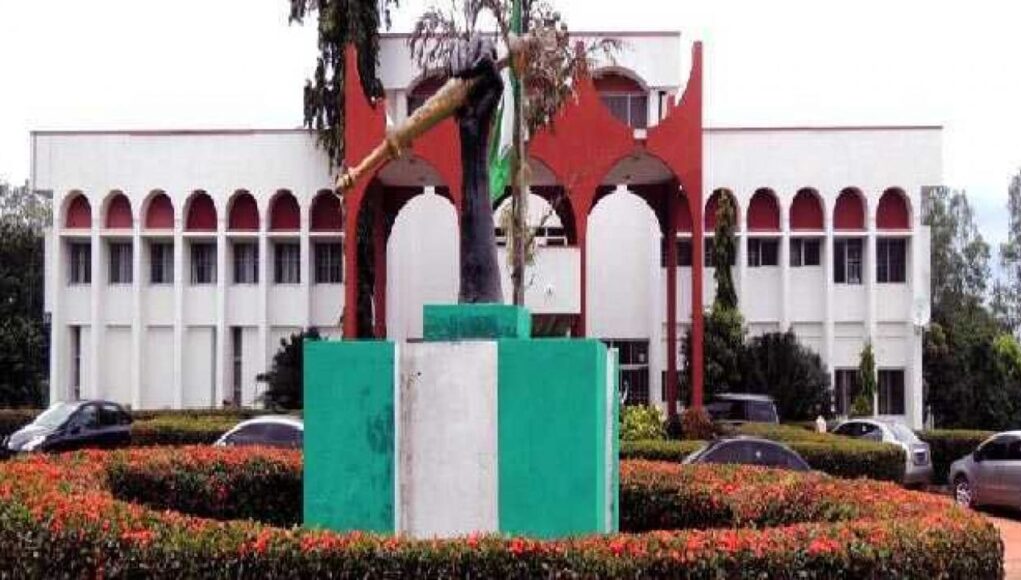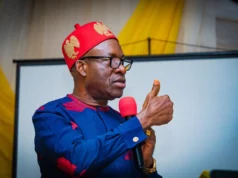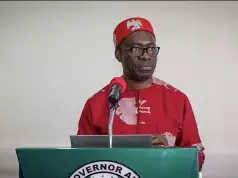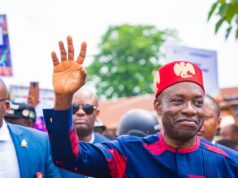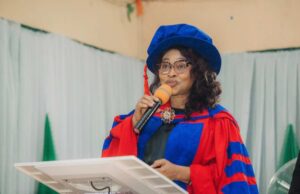The Anambra State House of Assembly members feel that the poor cannot afford the cost of textbooks and uniforms, despite its free education policy.
The assembly sees the organizing of extramural classes for students by teachers at an exorbitant rate as an impediment to the free education policy.
The assembly in its sitting on Tuesday called on the governor, Prof. Chukwuma Soludo, to direct the Commissioner for Education to engage the public, private, and mission schools in addressing the exorbitant cost of textbooks and school uniforms.
Despite the free education policy in Anambra State, members of the Anambra State House of Assembly believe that the cost of textbooks and uniforms is beyond the reach of the poor.
The assembly sees the organizing of extramural classes for students by teachers at an exorbitant rate as an impediment to the free education policy.
The assembly in its sitting on Tuesday called on the governor, Prof. Chukwuma Soludo, to direct the Commissioner for Education to engage the public, private, and mission schools in addressing the exorbitant cost of textbooks and school uniforms.
In a motion sponsored by the Majority Leader and member representing Ekwusigo constituency, Hon. Ikenna Ofodeme, and 18 others during plenary in Awka, the House said the motion became necessary since education is a fundamental right, hence the need for every child to get equitable access to learning materials.
Hon. Ofodeme, who moved the motion, regretted the current practices in Anambra State primary and secondary schools of using textbooks as workbooks, where answers are written in the books, making the books non-transferable.
He said uniform purchases from exclusively designated vendors and mandatory extramural classes place undue financial burdens on parents and guardians, particularly for families with multiple children in the same school or class.
He said: “The workbook practice prevents families from utilizing textbooks across siblings, compelling them to purchase new copies for each child, regardless of financial ability, thereby deepening educational inequality.
“I think that education policies in Anambra State should foster inclusivity, affordability and sustainability in line with the Sustainable Development Goals (SDG4: -Quality Education);
“I’m worried that these practice increase educational expenses unnecessarily, making basic education less accessible for financially disadvantaged families;
“This practice negates the state’s efforts to alleviate financial pressures on parents in line with our commitment to affordable and accessible education for all.”
The motion was supported by a majority of the members of the assembly, agreeing that the practices have financial implications for families.
They said it sabotages the current free education in the state.
Speaker of the House, Rt Hon. Somtochukwu Udeze, appreciated the sponsor of the motion.
“As lawmakers, we have three responsibilities to our constituencies: lawmaking, representation, and oversight. I am suggesting that we make this a law by reviewing existing relevant laws either by amendment or enacting another law,” he said.
He asked the Committees on Education and Judiciary to examine the laws establishing most of the schools to see where they can make an amendment or come up with a fresh bill.

